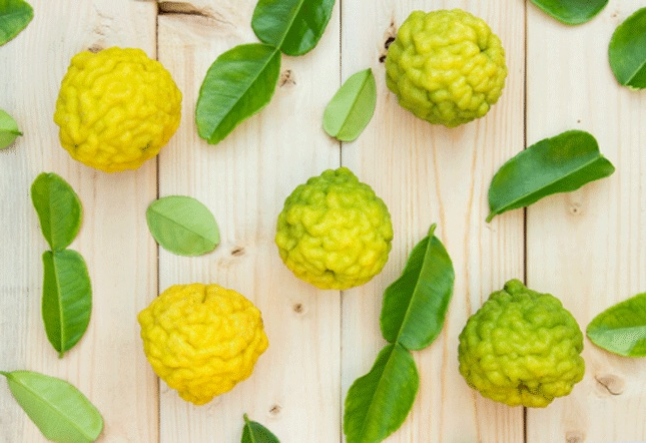all about bergamot oil

Almost everyone likes bergamot’s fresh, lively but gentle, and flowery fragrance. Bergamot is second only to lavender in its ability to relax brain waves when sniffed.
This oil is taken from the peel of the fruit.
History
Bergamot is named after a small town in Italy, bergamot in Lombardy, where the tree was originally cultivated and used in folk medicine for the treatment of fever and worms. Bergamot is perhaps best known today for the delicate fragrance and taste it contributes to the popular Earl Grey tea blend.
According to legend, Christopher Columbus brought the tree to the Caribbean, where it was popularly used in voodoo practices as a protection against misfortune. Columbus may have had his own reasons for travelling with bergamot. Carrying the dried fruit in your pocket was thought to keep travelers safe on their journeys and soothe the stress of traveling.
Effects
• Affinity with the heart chakra, use when feeling grief, fear or rage.
• Antiseptic, anti-inflammatory, antidepressant, antiviral, antibiotic.
Uses
• Modern aromatherapists suggest placing a few drops of bergamot on a cloth and carrying it in your pocket or travel bag. Sniff the scented cloth while traveling to reduce stress, depression, anxiety, or insomnia.
• Reportedly helps banish negative thoughts and depression. Its sedative yet uplifting character is said to be excellent for anxiety, depression and nervous tension.
• Counters infections and skin complaints such as acne and psoriasis. Fights several viruses, including those that cause flu, herpes, shingles, and chicken pox.
• Treats bacterial infections of the urinary system, mouth, and throat.
• Plus a variety of skin conditions, including eczema. The best way to use it is diluted in a salve or massage oil that is applied over the afflicted area.
Home use
• Use in vaporizer for a pleasing, uplifting fragrance and to prevent the spread of germs.
Read next >> all about myrrh oil